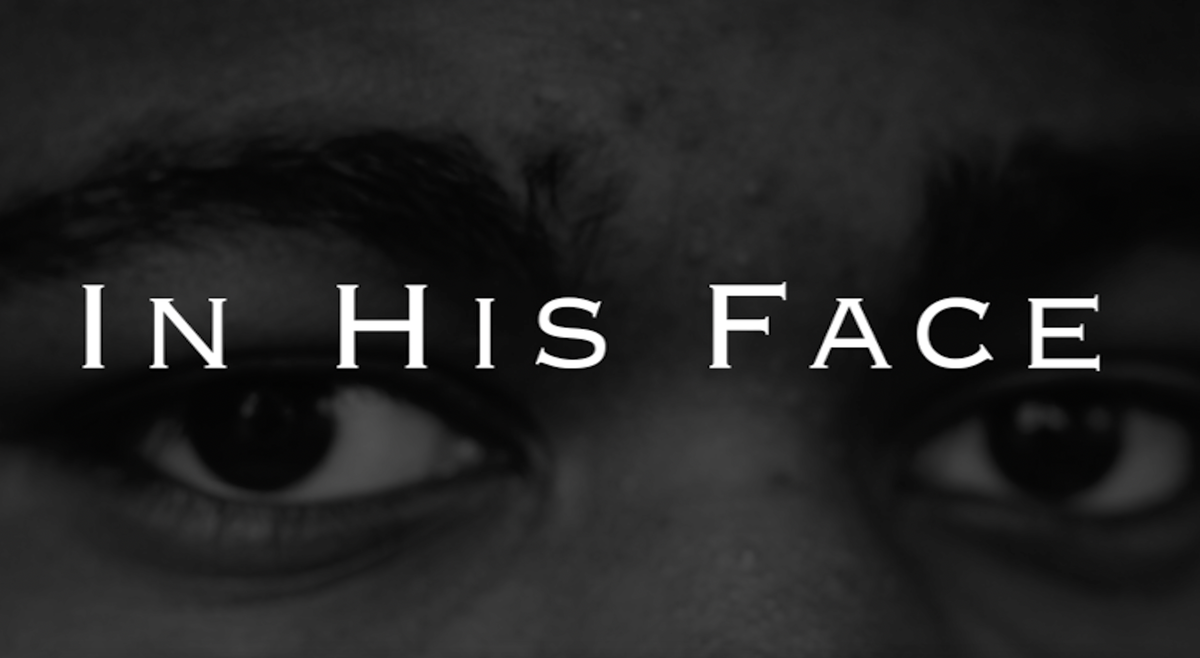Kiantha Duncan sat down with a man who admits he did ‘great harm to the Black community.’ A documentary about the conversation is about to premiere
Kiantha Duncan president of the Spokane chapter of the NAACP, has created a short documentary, “In His Face,” that will debut this weekend before screening at the Northwest Social Justice Film Festival in Seattle later this spring. (DAN PELLE/THE SPOKESMAN-REVIEW)Buy a print of this photo
Kiantha Duncan was gearing up to cross one of her dreams off her life goals list, a 10-episode podcast series in her creative business, Conversations with Kiantha, to highlight the current landscape of race and culture in America.
“But then there were stories that were coming out that were so much bigger than just a one-time situation,” said Duncan, president of Spokane’s NAACP chapter. “I met a young man who reached out and said, ‘Kiantha, I’ve done really great harm to the Black community. And I want to talk to you about it.’ ”
The white man saw a mother and son stopped on the side of the road by his house. With no prior interaction, the man grabbed his shot gun and pointed it directly into the boy’s face.
“I actually was shocked that someone actually could say, ‘No I understand totally. This is about power, this is about control, systemic racism, about me feeling as though I am more important as a white man than someone else is as a Black person,’ ” Duncan said.
This weekend, in a conversation rooted in examining race in America, Duncan will have a private premiere of her debut short film, “In His Face,” a project that offers insight into the individual and societal attitudes that enable racism. “In His Face” will premiere at the Northwest Social Justice Film Festival in Seattle later this spring. It is one of the three featured documentaries to be part of the annual program.
“I was willing to talk with him and film our conversations for ‘Conversations with Kiantha,’ but it ended up that the piece and the story was just so riveting. It was riveting to understand what happened for him to feel like he did harm with the Black community,” Duncan said.
In “In His Face,” Duncan jumps right into the heart of the issue: Black Americans and other racial groups who are on the receiving end of racist incidents. Duncan found herself transforming her conversational podcast approach into a deeper realm of documentaries where transformative, open discussions about race can take place with the help of on-screen visuals.
Beginning with the man who felt empowered to terrorize the Black family, the film fast-forwards from the topic “Is racism real?” to “How is America dealing wit racist attacks against communities of color?”
Acknowledging the trauma within those events, Duncan said, is at the core of what America needs in order to move forward. Duncan highlighted that most anti-racism work is still rooted in convincing people that racism is an ongoing issue.
“The way the story is told? We’re not spending any time again trying to convince or clarify that there is trauma there. This movie is beyond that. To me, that is point A. This starts at point M,” Duncan said. “We understand those things in the film, but it also shows to me what can happen when we have those honest, crucial, critical conversations, and then we leave the conversation with a commitment to work together.”
Aodhan Brown, the cinematographer and editor of “In His Face,” referred to the project as a “breakout moment” in his young career. He graduated from Gonzaga University’s broadcast studies program last year and has experience in producing and editing documentaries. He is also a photojournalist for KXLY.
“With that comes a lot of things and a lot of excitement … to not only be a part of this project, but to have such a hand in telling this story,” he said.
“In His Face” gave Brown the opportunity to break out of the traditional storytelling aspects of news. His production style this time around was “upfront and nothing theatrical,” as he depicted a “true and honest” representation of everyday life.
“I wanted the story to stand by itself and allow the images to aid it, and not the images on the screen be the only driving force behind the story being told,” Brown said.
Duncan decided to keep the man’s identity, location and age hidden, to help viewers understand that the terrorizing event can take place anywhere in America.
“So for me to tell his story in his words, that allowed us to move past that point of having to have a session of convincing and what it was that he had done and knowing that he knew, which let others know as well,” Duncan said.
Brown said he believes the project is being released at the right time. “In His Face” shares Duncan’s ongoing goal of discussing race in America, but also the need for these specialized projects in the indie film world.
“They were pushed away through marginalized voices and they’re not given the same backing as other kinds of productions,” Brown said. “But now more than ever we are seeing these come into view because they’re getting a chance now that they never did.”
Before the short film is officially released, Duncan plans to host a private intimate party downtown to discuss the film’s development and its importance on the local and national level.
“Not that the world becomes all sunny and sunshine but we know the trauma goes very deep and the instances are vast, and this is happening all over the United States,” Duncan said. “So there is a lot of work that needs to be done, and we can only do it in alliance with one another.”

